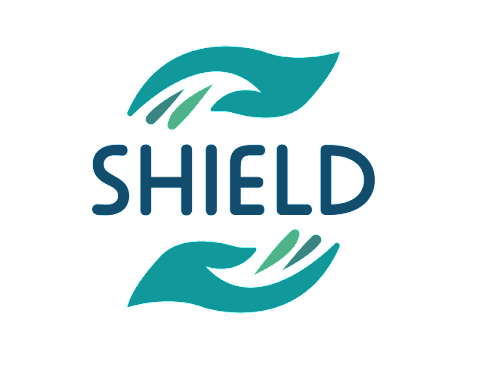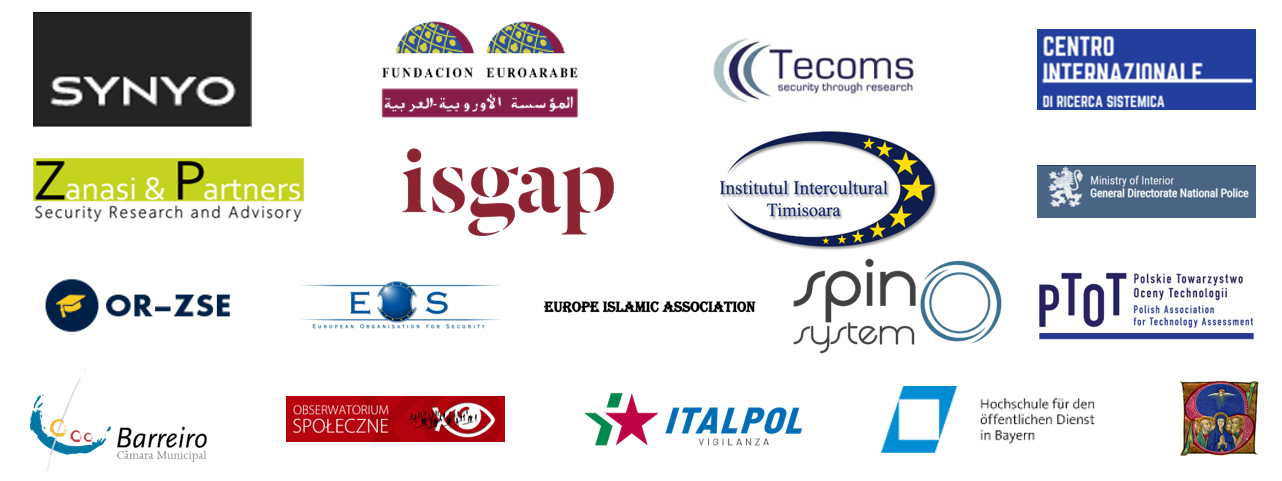The SHIELD project, promoted by Zanasi & Partners and coordinated by SYNIO GmbH has been accepted by the European Commission (EC) and is being funded under the Internal Security Fund (ISFP) between 2021 and 2023 with Grant Agreement no. 101034229.

SHIELD – Solutions to enHance Interfaith protEction of pLaces of worship form terrorist Danger aims to develop measures and to identify best practices in order to protect places of worship and religious buildings from terrorist attacks. The project will focus its research on places of worship of the three monotheisms (Christianity, Judaism and Islam) and aims at involving also representatives from other religions (Hinduism, Buddhism, etc…).
The project’s objectives are multiple, the main ones being:
- to raise awareness of the terrorism danger and develop new – or update existing – methodologies and solutions to increase the protection of places of worship and mitigate the effects of terrorist attacks;
- to identify the critical points in religious buildings, the circumstances and rituals that are more subject to the risk of terrorist attacks as well as the types of terrorist attack that would be more likely to be perpetrated;
- to disseminate the project’s results in order to raise the spread of good practices and protocols among relevant stakeholders, encouraging prevention activities.
The SHIELD Consortium consist of 18 partners from 10 countries. The consortium has gathered interdisciplinary experts from EU public and private actors – Christians, Jewish and Muslim organisations, security practitioners, LEAs, municipalities, experts in risk detection and technological partners – to identify, for each religion, critical points in places of worships as well as circumstances and rituals that are more subject to the risk of terrorist attacks.
The project’s methodology is based on five pillars:
- research analysis of previous attacks to places of worship in Europe to identify the attack modalities, the religious communities reactions and the gaps in prevention procedures;
- risk assessment, where vulnerabilities in religious buildings, as well as rituals or occasions in which terrorist attacks are more likely to occur, will be analysed;
- identification of new measures, in order to prevent and mitigate the risks of terrorist attacks (these measures fall into three categories, protection, prevention and reaction);
- testing and validating the proposed solutions through simulation using virtual reality tools and surveys conducted to LEAs, security practitioners and representatives of religious communities to measure the level of awareness and preparedness before and after the identification of such measures;
- dissemination, both online and offline, in particular the project will set up workshops in Brussels to promote networking and the exchange of good practices.
Z&P is the leader of WP2: Analysis of critical points, activities and risks which focused on studying the state of the art of past terrorist attacks occurred in Europe and on identifying vulnerable spots in building and rituals or holidays that attract huge crowds. For this project Z&P benefits from its expertise coming from previous EC-funded projects on similar topics, such as Crisys (FP7), Soteria (FP7), Trivalent (H2020) and Cicero (ISPF).
Documentation
SHIELD Project Partners




